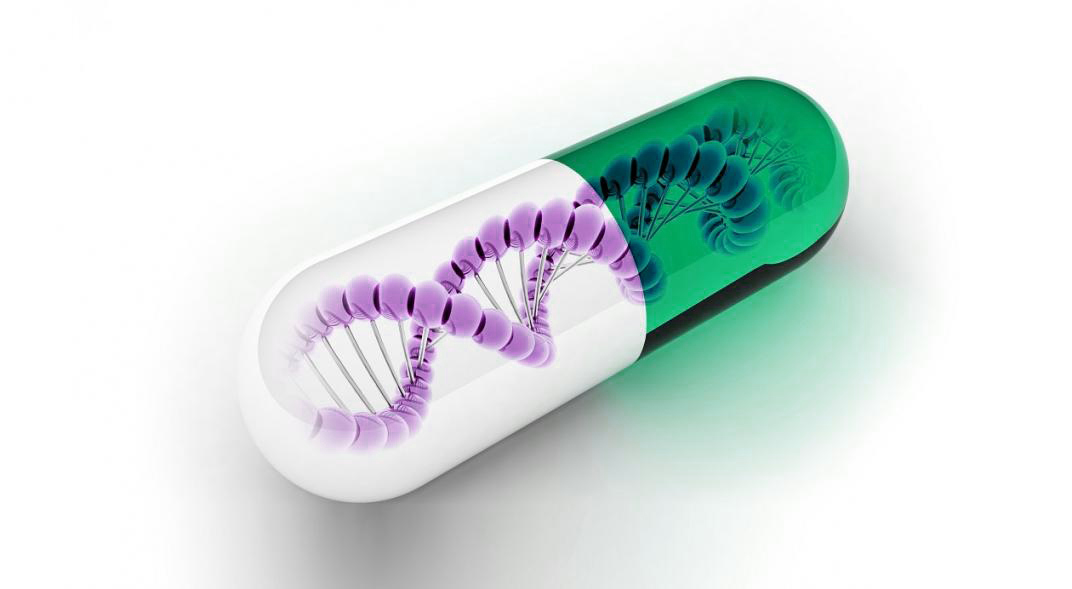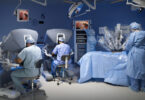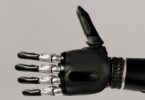[et_pb_section bb_built=”1″][et_pb_row][et_pb_column type=”4_4″][et_pb_text _builder_version=”3.13.1″]
Biotechnology is defined as the set of techniques, processes and methods that use living organisms or their parts to produce a wide variety of products.
Medicines of biological origin are produced by simpler processes without the use of genetic information. Biotechnological medicines are made with raw materials of biological origin Biotechnologists use genetic information and special technologies for cells to act as a factory of substances and then turn them into medicines.
The human genome gives the possibility that some people can be detected serious diseases and given personalized medicines.
Genetic engineering is the main instrument of modern biotechnology through which DNA is transferred from one organism to another.
Biotechnological drugs can be recombinant proteins, monoclonal antibodies, vectors for the transport of genetic material, fragments of antibodies, vaccines, etc. which are characterized by being medicines obtained from biotechnology techniques.
Biotechnological medicines are obtained from production processes that can last for months and that include several complex stages. The resulting medication will depend on the different effects that may be caused by some parameter of culture, layer or technology used in its preparation. They are commonly ingested orally. Generally they are of intravenous, subcutaneous or intramuscular application.
Physicians have used therapeutic proteins for a long time to replace or supplement natural proteins in patients, especially when natural protein concentrations decrease or disappear due to disease.
An important field of biological drugs is the production of humanized or fully human antibodies.
These and other innovations are also possible in Pharmamedic.
[/et_pb_text][/et_pb_column][/et_pb_row][/et_pb_section]








